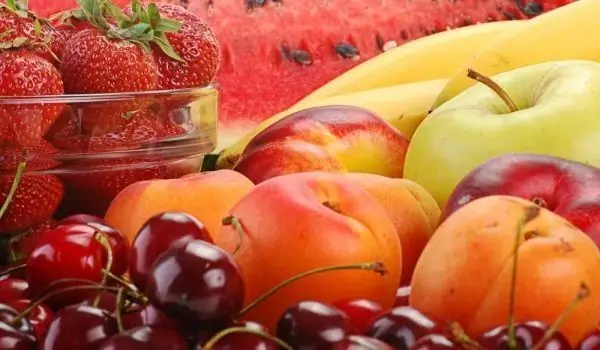2025 Author: Jasmine Walkman | [email protected]. Last modified: 2025-01-23 10:18
Domestic food producers warn that food prices could rise by up to 8 percent if changes to the Competition Act (now known as the Chains Act) are passed at first reading.
According to the Association for Modern Trade, the changes in the law are aimed primarily at hypermarkets.
The chairman of the association in question is Yordan Mateev, who saw 5 controversial points in the law submitted for voting.
According to him, they are in the definition of significant market power, the regulation of the so-called. own brands, the approval of the general conditions in the standard contracts of the chains with the suppliers, interference in the pricing and the prohibition of disputable commercial practices.
Mateev described the submitted bill as extremely harmful, leading to increased risks for the business environment and driving away investors. He expressed direct doubts that his real goal was to expel large foreign investors from Bulgaria and replace them with local ones.

The new changes impose a ban on the so-called a logistics bonus that chains charge their suppliers for the logistics of their goods. Most chains have a centralized supply system, in which the goods are received in one warehouse and then distributed to the individual stores of the chain.
The abolition of the logistics bonus will increase the cost of products by at least 3-5 percent due to the increased delivery costs that will be borne by the chain.
The big players are also dissatisfied with the planned bans on collecting a fee for positioning goods in the checkout area, which is traditionally the most turnover, respectively the most expensive place in the store. They liken this to a ban on the sale of advertising.
One of the changes that are enshrined in the new law on protection of competition is the requirement that if a Bulgarian producer produces a product with a brand of a given variga and the same product, but with its own brand, the chain is obliged to sell both products.
Thus, the law obliges chains to increase their range, which leads to difficulties with the positioning of goods, more complex logistics and additional costs for the chains, which will eventually be calculated again in the final price of the products offered.
Recommended:
Fruits Are Becoming More Expensive And Vegetables Are Becoming Cheaper

At the height of the holiday season, not only consumer demand for food products changes, but also the prices of some of them. For example, at the beginning of August there was a slight increase in seasonal fruits compared to the same period in 2014.
Sauerkraut And Potatoes Are Becoming More Expensive

Traders warn that this year sauerkraut will rise in price by up to 1 lev per kilogram. The jump in prices will also reach the potatoes due to the torrential rains that ruin the harvest. At the moment, the price of cabbage is relatively high compared to previous years.
Vanilla Is Becoming More Expensive, And Ice Cream Is Becoming More Expensive

Starting this summer, we can buy vanilla ice cream at higher prices due to the low yield of vanilla, which has significantly increased its price on international markets. Vanilla growers around the world warn that Madagascar, the world's largest exporter of vanilla, has registered the weakest crop in years.
Dairy Products Are Becoming More Expensive

Price of dairy products begins to increase and it is likely that the rise in price of these foods will continue to be observed in the coming months. The reason for the rise in prices of products such as yellow cheese, yogurt, butter and cheese is both the higher digestion price of milk and higher wages and electricity costs in flour.
Minced Meat Is Becoming More Expensive

Again, there are changes in the prices of some food products. The market price index rose 1.46 percent this week to 1,318 points. It is also clear that in one month the same index has risen by 6.6 percent, according to data from the State Commission on Commodity Exchanges and Markets, quoted by BTA.

